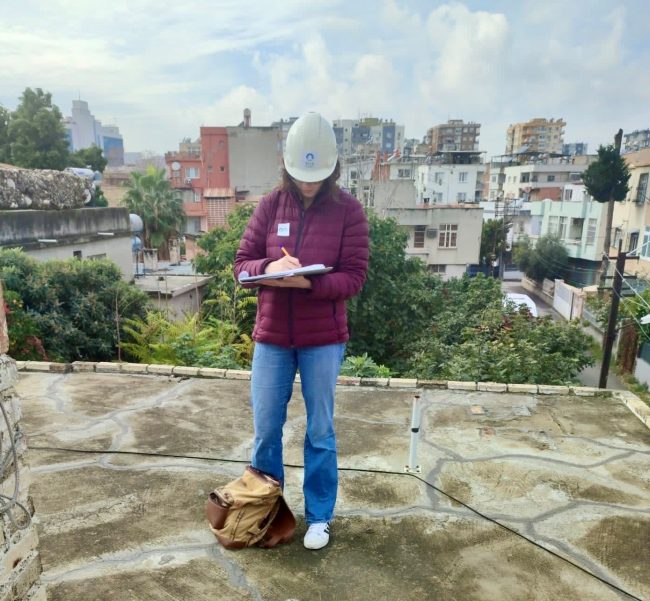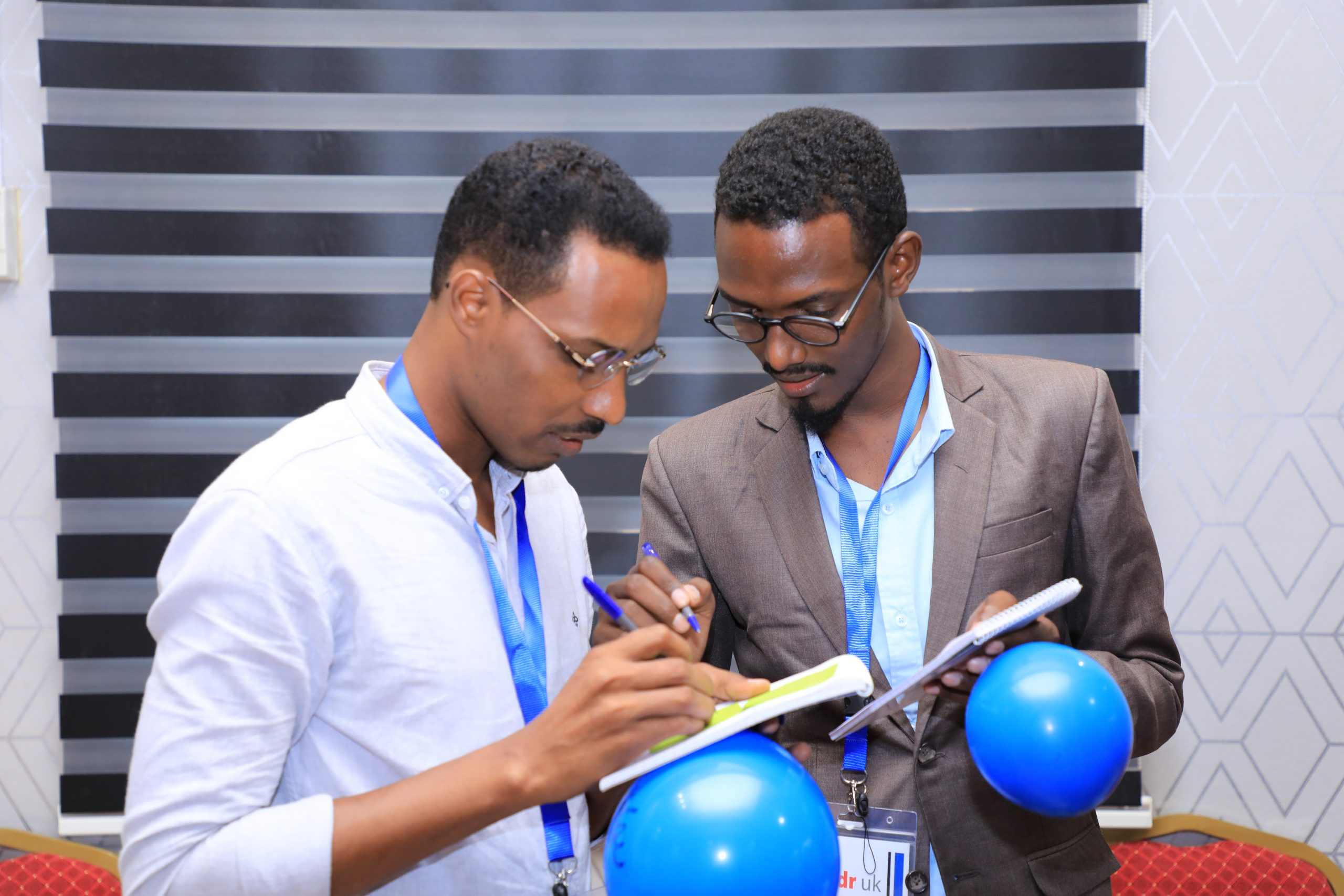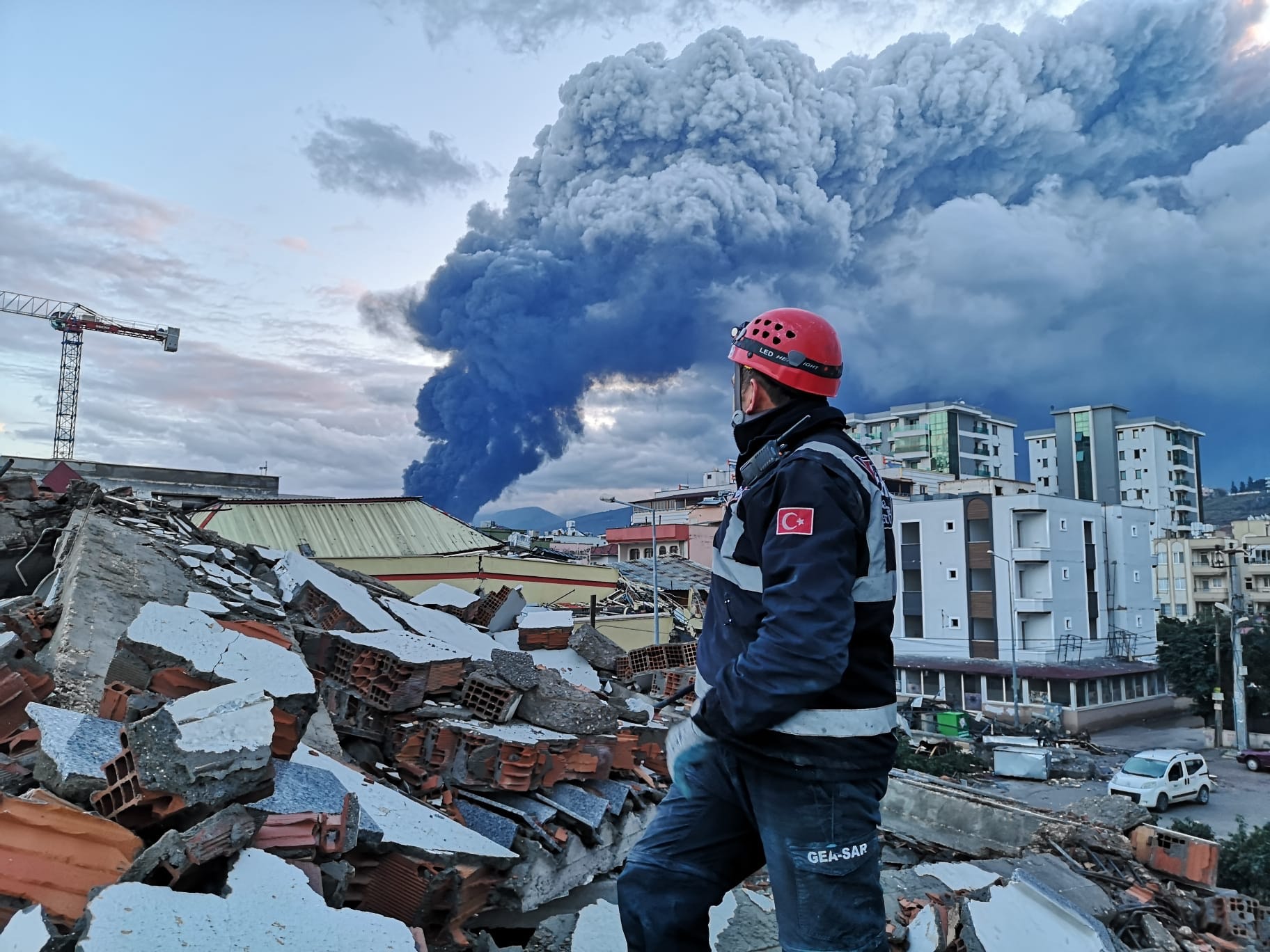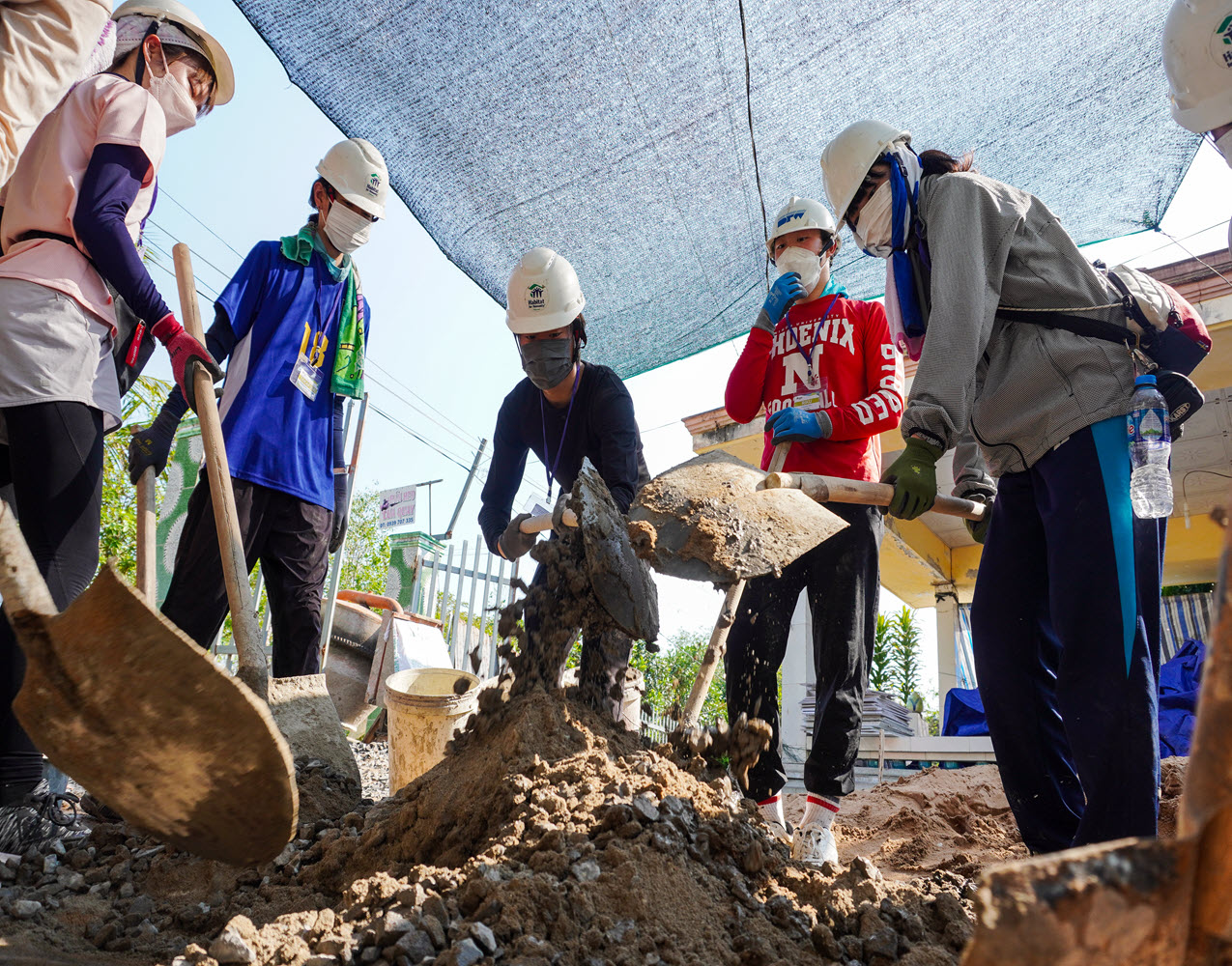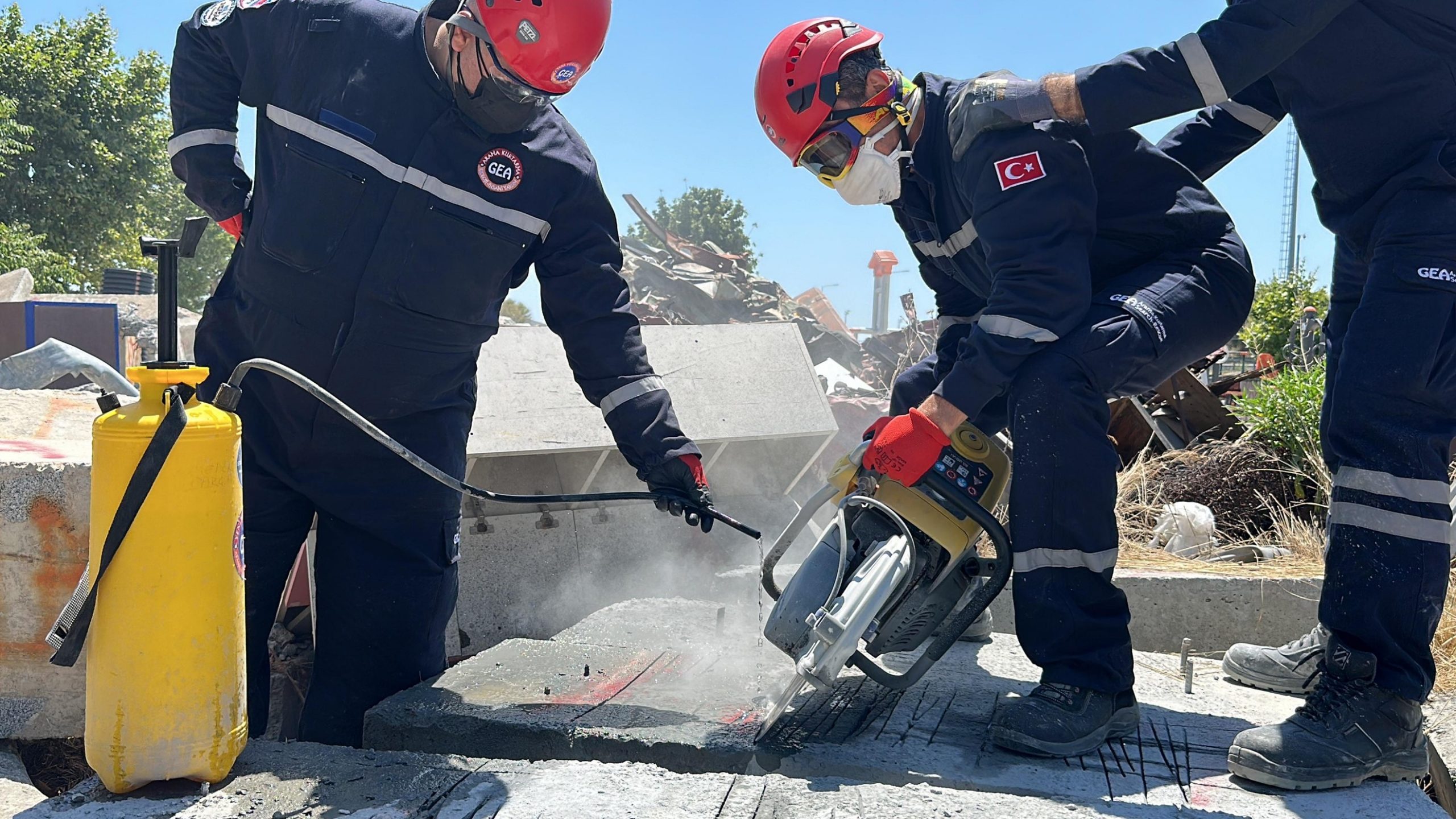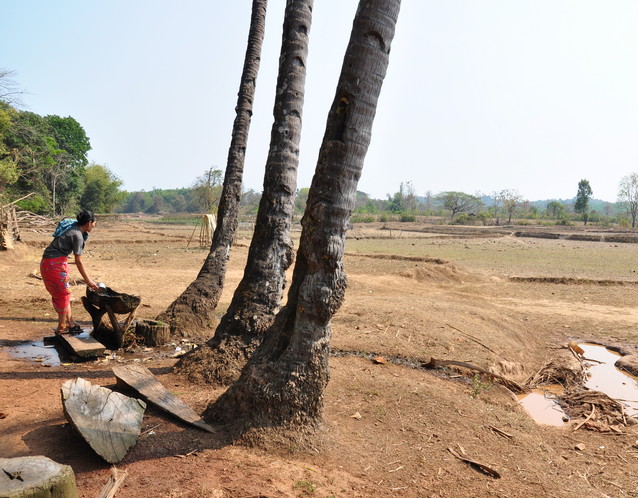
Since elections in April 2012, the government of Myanmar has moved to democratize the county. A more inclusive approach has seen ceasefires or settlements negotiated with a number of insurgent groups representing Myanmar’s many ethnic minorities.
Nonetheless, hundreds of thousands of individuals remain in refugee camps in western Thailand – partly because of continuing political uncertainty – but also because the infrastructure in their home villages has been damaged by years of conflict.
Many of these refugees originally lived in Kayin state – where water quality is notoriously poor – often leading to serious health problems for communities seeking to return to Myanmar.
Peace Winds Japan’s initial project, launched in 2013, resulted in the building and restoration of wells and water storage facilities in five Kayin villages in Hpa-an district. This improved water quality and sanitation for an estimated 2,500 villagers. Better water resources are key to promoting the return of refugees currently outside Kayin to their homes in the state.
Early in 2014, the JTI Foundation agreed a further three years of funding. This is enabling Peace Winds Japan to widen the scope of water-related projects to cover another ten villages. It will also allow for an extensive program to distribute solar lanterns using social marketing – providing much needed electricity to villages in the state.
As a result of its experience of working in this area of Myanmar, Peace Winds Japan has also identified a critical need for improving community disaster preparedness measures. A third pillar of the program includes establishing disaster risk reduction units in four local townships, and improving disaster response plans for a further 60 villages. This element of the project is expected to benefit up to 45,000 people.
As the initiatives in Kayin state are completed, it is expected that similar program components will be extended to the Ayeyarwady region of western Myanmar.
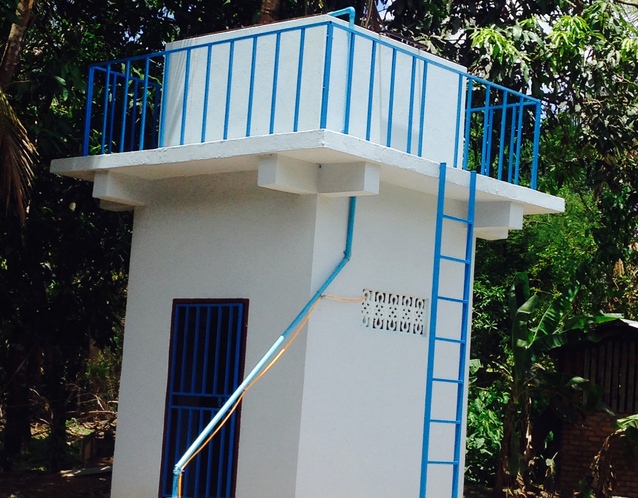
OVER 20 YEARS OF INVESTMENT IN DISASTER MANAGEMENT INITIATIVES
Countries where we have supported our partners’ work in response to a growing range of threats to life and livelihood
Million USD invested since 2001 to help communities better prepare for – and recover from – natural and man-made disasters
Projects addressing a broad range of challenges, including mine-clearance, emergency shelter, resilient housing solutions and capacity building


